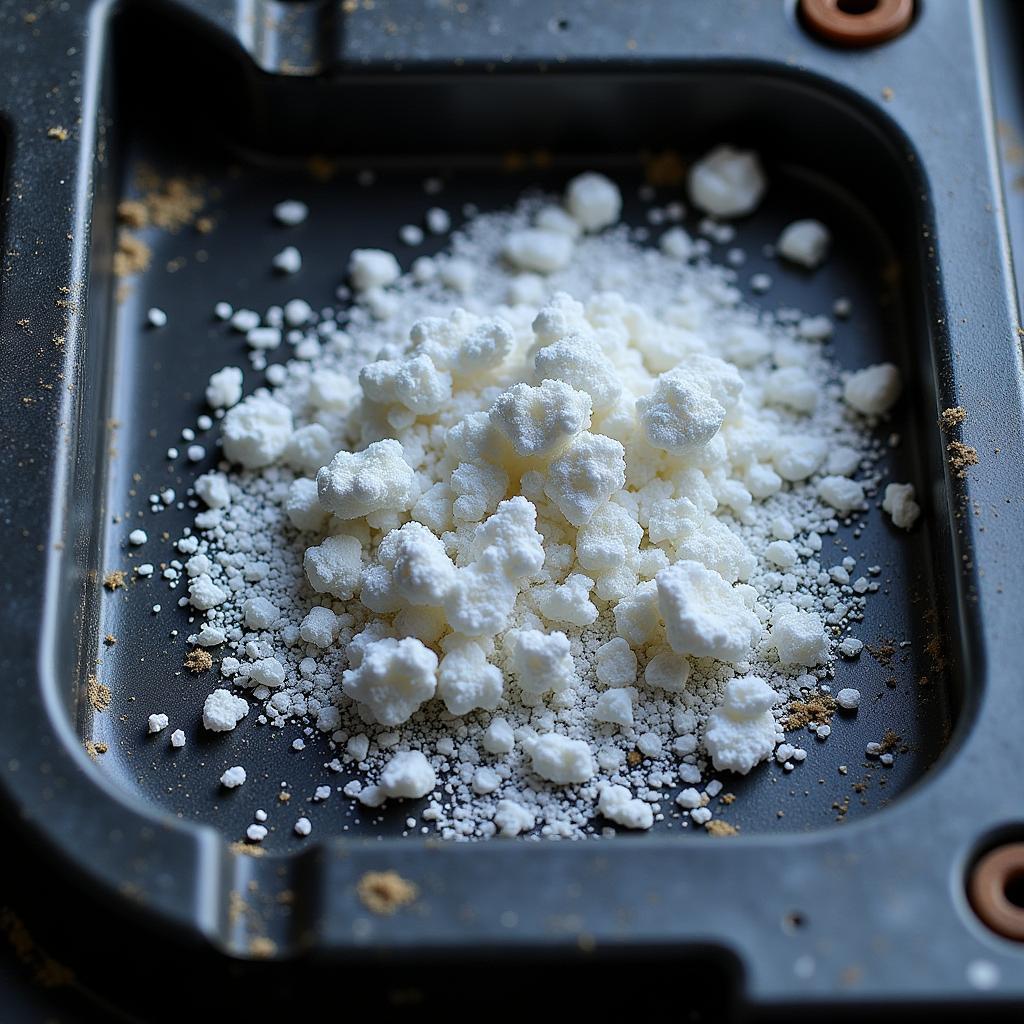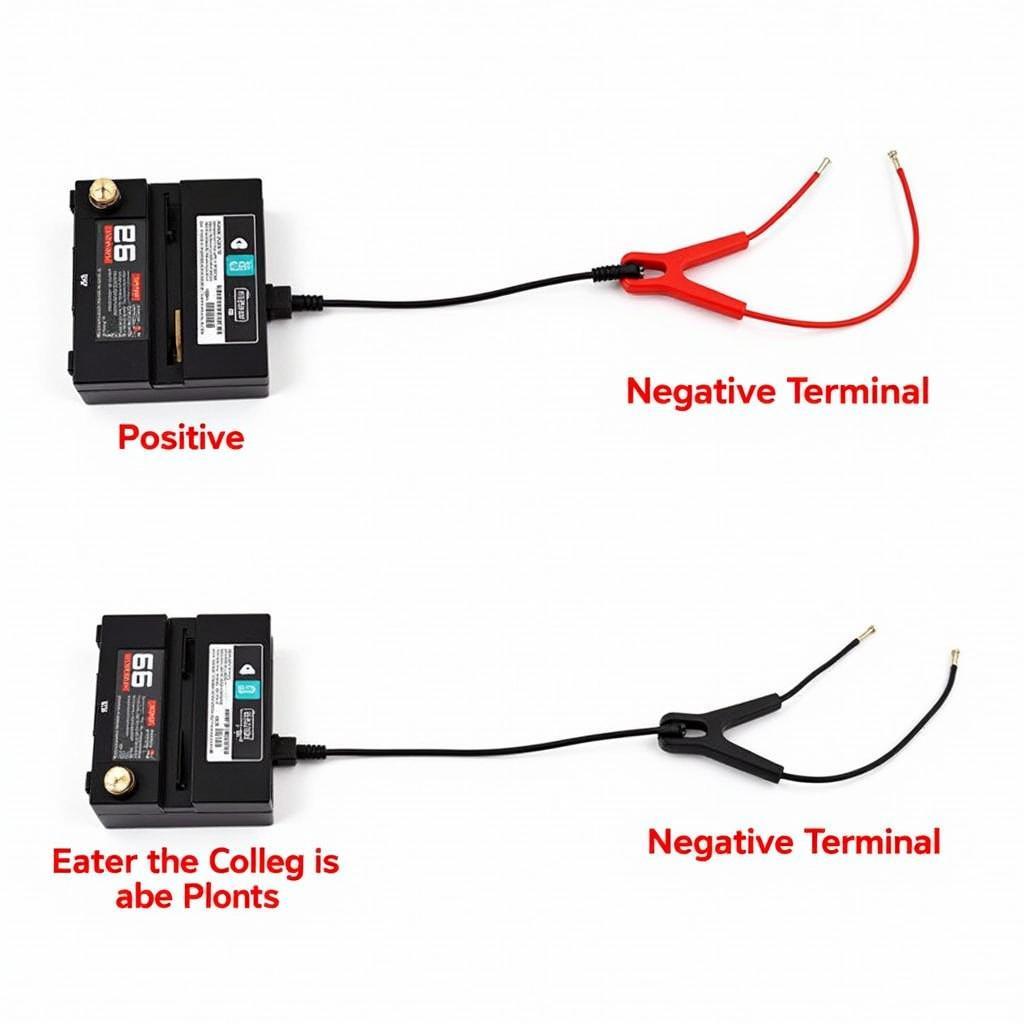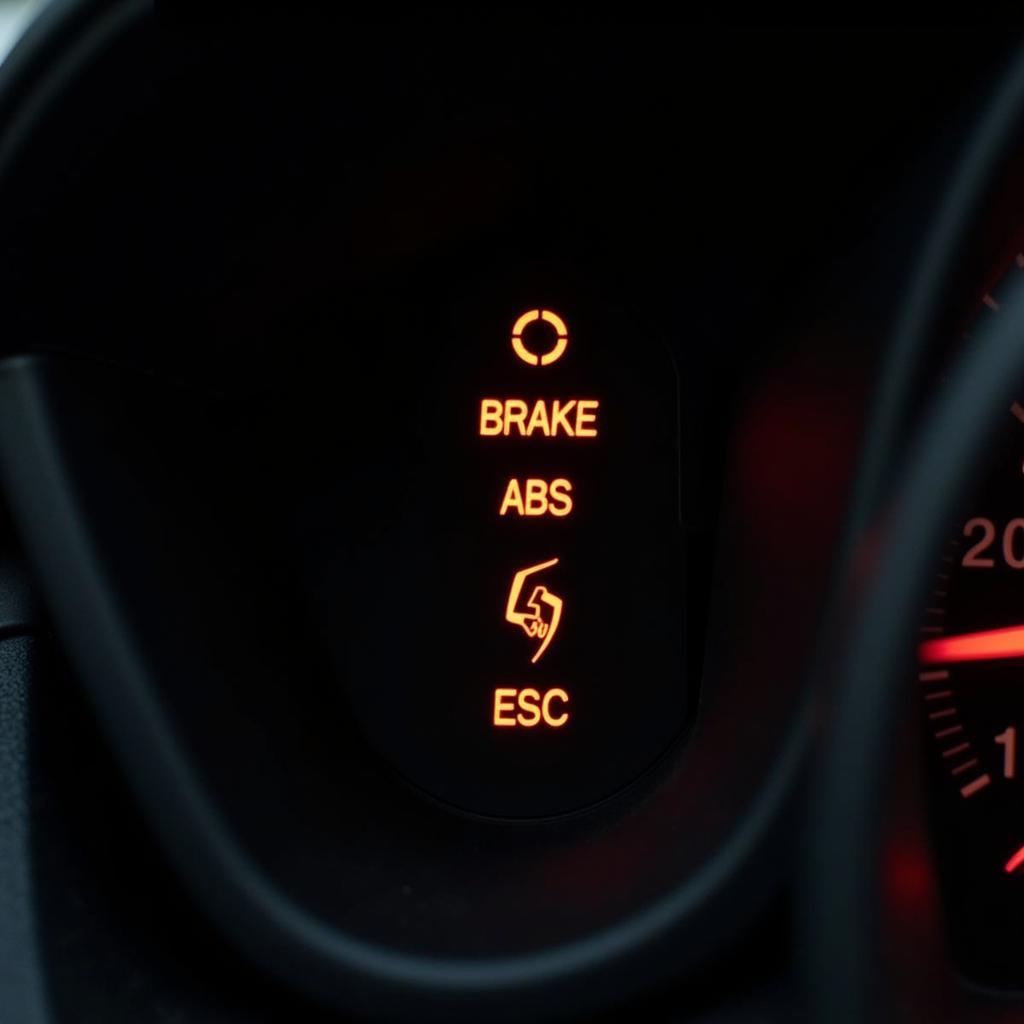Leaving a car battery dead can have serious consequences for your vehicle’s electrical system and overall performance. A dead battery isn’t just an inconvenience; it can lead to significant damage and costly repairs if left unaddressed. This article will delve into the ramifications of a dead car battery, explaining why it’s detrimental, the potential damage it can cause, and how to avoid this situation altogether. bad car battery signs
Why a Dead Car Battery is Harmful
A dead car battery is more than just a starting problem. The chemical processes within a lead-acid battery are disrupted when it’s fully discharged. This disruption can lead to sulfation, where lead sulfate crystals form on the battery plates. Sulfation reduces the battery’s capacity to hold a charge, shortens its lifespan, and can eventually render it completely unusable. Think of it like rust forming on metal; it gradually degrades the material until it becomes ineffective. Furthermore, a dead battery can also impact the vehicle’s computer systems, potentially corrupting stored data and affecting various electronic components.
 Dead Car Battery Sulfation
Dead Car Battery Sulfation
How Long Can You Leave a Car Battery Dead?
The duration a car battery can remain dead without causing irreversible damage varies depending on several factors, including the battery’s age, type, and the ambient temperature. Generally, leaving a typical lead-acid battery dead for more than a few days can initiate the sulfation process, significantly impacting its lifespan. In colder climates, this damage can occur even faster. Leaving a battery dead for weeks or months almost guarantees permanent damage.
What Damage Can a Dead Battery Cause?
A dead car battery can cause a chain reaction of problems, impacting various vehicle systems. Apart from the obvious starting issues, a dead battery can damage the alternator, which is responsible for recharging the battery while the engine is running. The strain of trying to recharge a deeply discharged battery can overwork the alternator, leading to premature failure. Additionally, a dead battery can corrupt the vehicle’s computer system, affecting everything from the radio presets to essential safety features. In modern cars, many systems rely on a constant power supply, even when the ignition is off. A dead battery disrupts this supply, potentially leading to electronic malfunctions.
Preventing a Dead Car Battery
Preventing a dead car battery is often easier than dealing with the consequences. Regularly checking the battery’s health, ensuring proper charging, and minimizing parasitic draws are crucial preventative measures. Using a battery tender, especially during periods of extended storage, can help maintain the battery’s charge and prevent sulfation. Also, be mindful of leaving lights, accessories, or electronics on when the engine is off, as this can drain the battery.
How to check your car battery health?
You can check your car battery health with a multimeter or by having a professional check it. A multimeter will show you the battery’s voltage, which indicates its state of charge. Alternatively, auto parts stores often offer free battery testing.
What are signs of a failing car battery?
Common signs of a failing car battery include slow engine cranking, dimming headlights, clicking sounds when turning the key, and the illumination of the car battery red light indicator. Recognizing these signs early can save you from the inconvenience and potential damage of a dead battery. car battery red light indicator
What if My Car Battery is Already Dead?
If your car battery is already dead, jump-starting it is the most common solution. car battery not starting with jump However, it’s important to jump-start a car correctly to avoid further damage to the electrical system. If the battery doesn’t hold a charge after jump-starting, it likely needs replacement. If your car won’t jump, there might be other underlying issues. car wont jump You might need to troubleshoot car battery drain to find the root of the problem. troubleshoot car battery drain
 Jump Starting a Car Battery
Jump Starting a Car Battery
“A dead battery often isn’t a sudden event. It’s a gradual decline that can be mitigated with proper care and attention,” says John Davis, Senior Automotive Technician at Davis Auto Repair.
“Modern vehicles rely heavily on their electrical systems. A dead battery can disrupt these systems, leading to more than just starting problems,” adds Sarah Miller, Electrical Systems Engineer at Miller Automotive Solutions.
In conclusion, leaving a car battery dead is definitely bad. It can lead to sulfation, reduced battery life, alternator damage, and problems with the vehicle’s computer system. Regular maintenance, prompt attention to warning signs, and proper jump-starting procedures are crucial for preventing the negative consequences of a dead car battery. By taking these precautions, you can ensure the health of your car’s electrical system and avoid costly repairs down the road.

